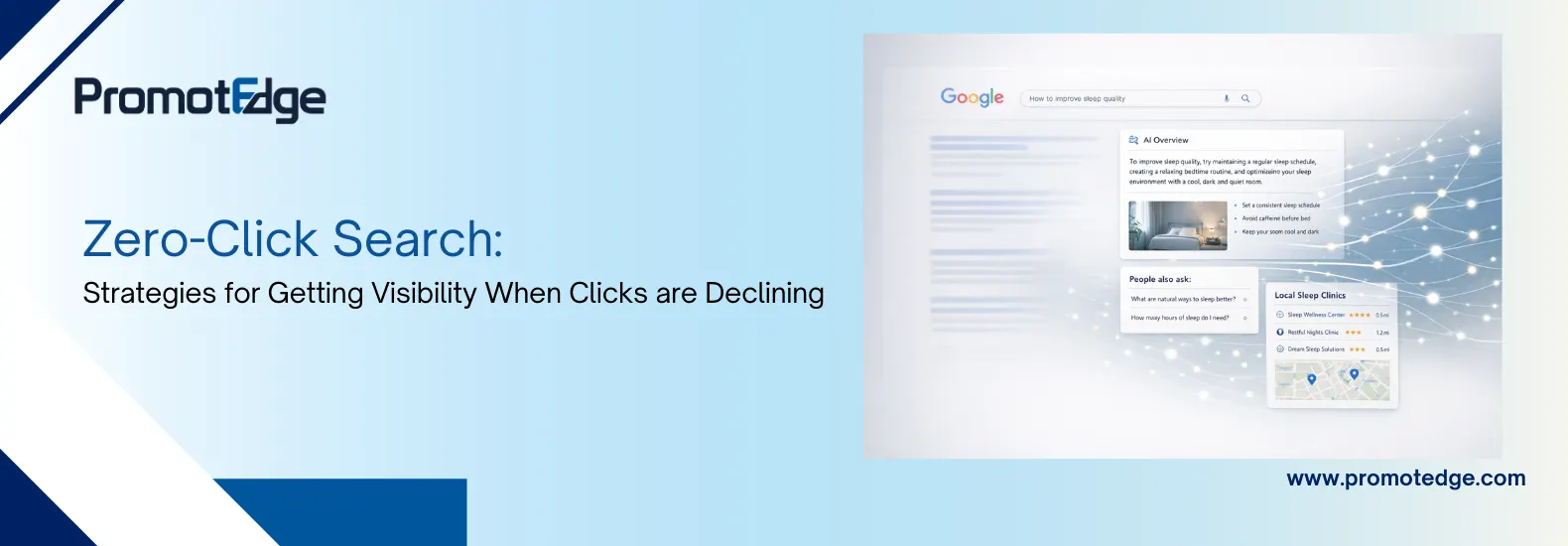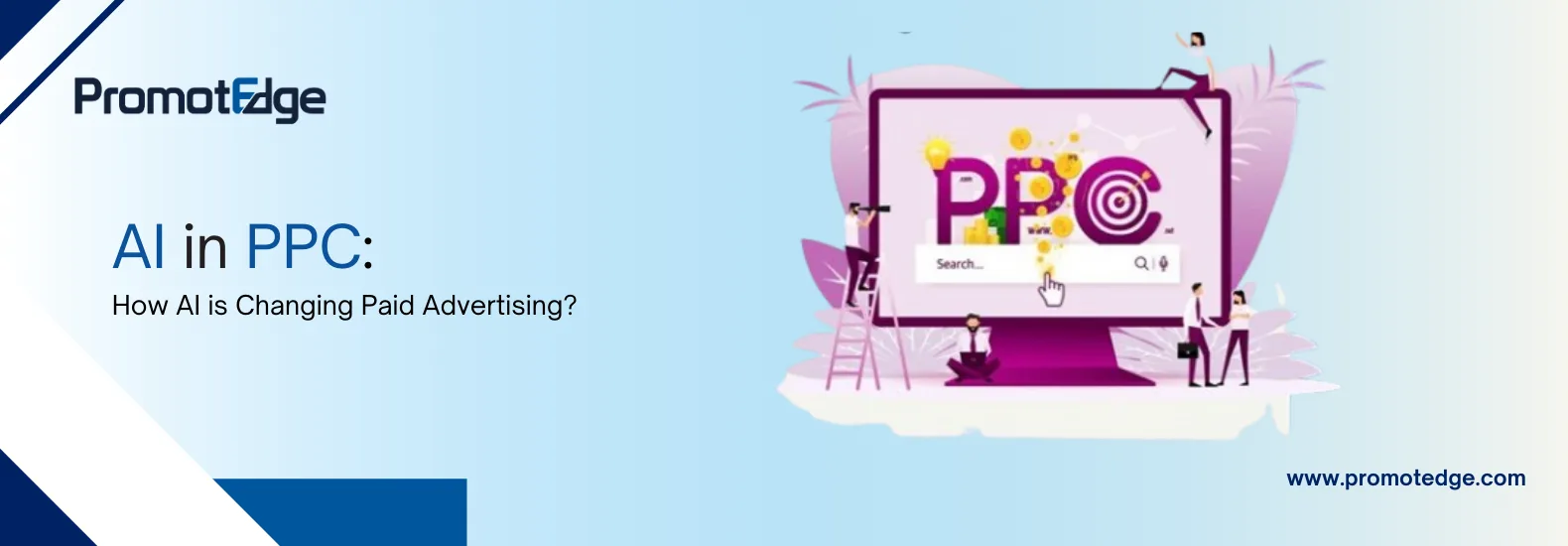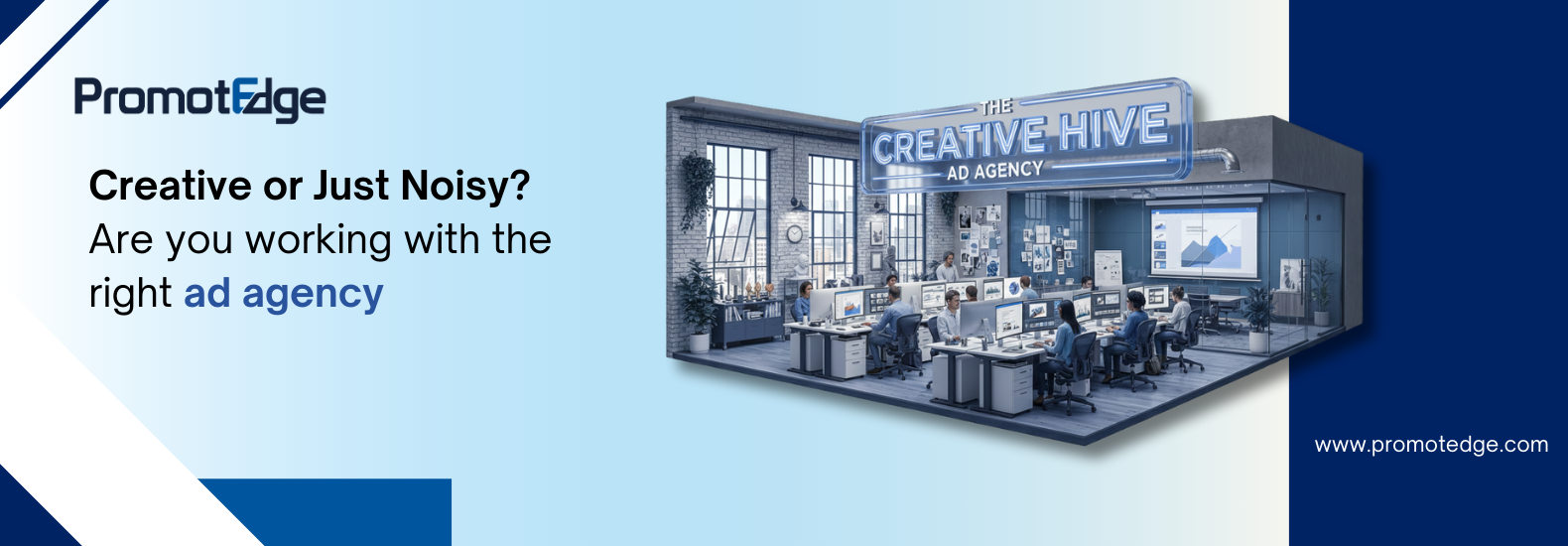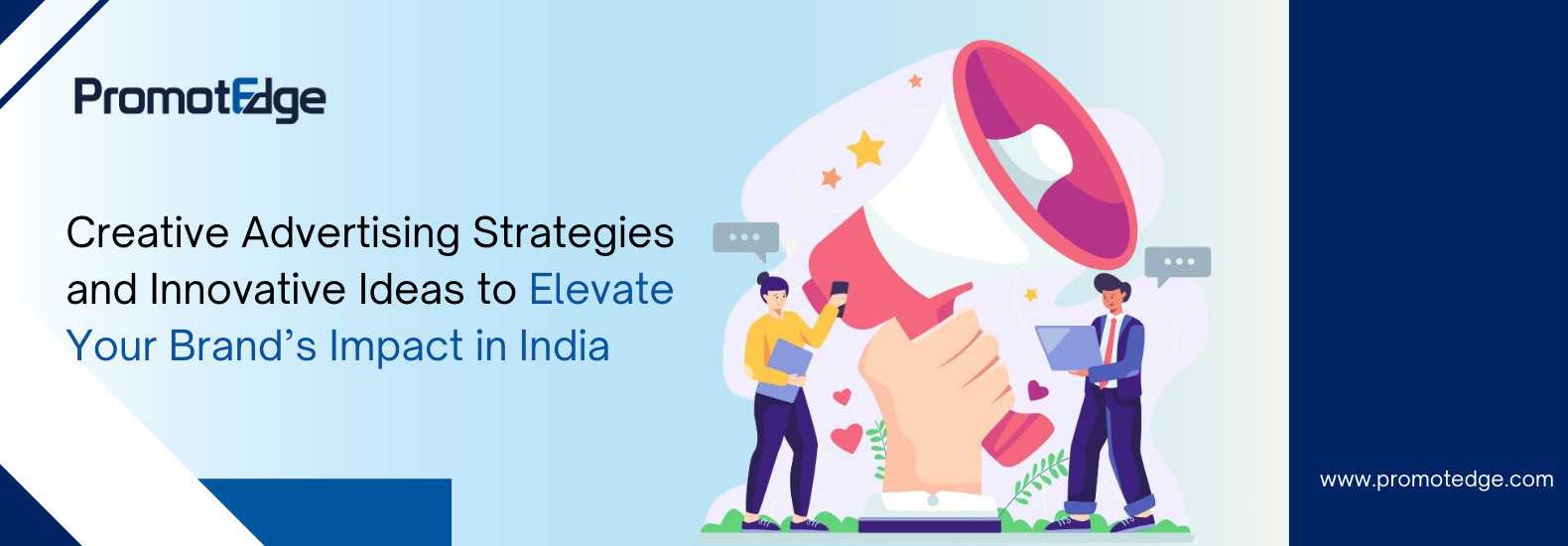
-
Author: PromotEdge
-
Updated Date: Jun-17-2025
-
Views: 2 Min Read
Advertising has become a part and parcel of modern 21st-century living. It is almost all-pervading and lies before us at every point in time during the course of our daily lives. From the moment we wake up, it is right there in our lives, it is there when we wake up, when we commute to the office, when we switch on the TV or computer, as I said advertising is there staring back at us at all points of our lives. They are everywhere promoting brands and products, asking us to buy an endless list of a diverse range of products and services, everything from the basic necessities of life to a more extravagant display of our own grandeur.
No matter how much you do to go by them without giving them a second thought, no matter how much or how little you believe they hold a sway over your mind but they affect us more than what we imagine. Actually, the fact is that we like the delusion of being in control. We like to believe what happens is what we choose to do.
But that is not quite the truth as psychologists have known for quite some time. The emotional response elicited by advertising affects the very way we think and what we choose to do eventually.
Advertising results in feeling good-
Perhaps the profound effect that advertising has is to make you feel good about a product or service by virtue of its association to things we like. Just consider this situation: you have gone to a supermarket and are about to make a purchase decision about a product, say a toothpaste.
Brand X:
You have seen the advertising campaigns running around it for a long period of time and you can recall the brand with an almost immediacy.
Brand Y:
It is a comparatively new brand of toothpaste and you have never ever before come across the brand in your day to day life. The salesperson informs you of 10 things that are more beneficial in case of Brand Y. You also get to know that it costs less too.
Which toothpaste will you actually buy?
According to the dictates of logic you should go with Brand Y but you are more likely to feel good by buying Brand X. That is precisely the power advertisement holds over the human mind. The advantage is one of positive memory, visual recall of the advertisements put forth by the brand has created such an aura about the brand in your mind that you feel more confident buying it.
1. Actually, ads pass on info to us about what feels good. That feeling affects our choices irrespective of whether we are conscious of the same or not.
2. You rarely buy a product you have no inkling about.
3. You do not buy products which are not pitched the right way to you. You yearn for something that can be recognized with relative ease.
You May Also Like: Why Is An Advertising Agency Important For Business Growth?
Advertising results in a strong emotional response- Emotional Branding
Some of the ads we come across strives to create a response on the audience which is dominantly emotional. This type of branding is known as emotional branding. Evoking emotions has a distinct advantage in that they become part of your long-term memory. You recall the brand with more feeling and ease for longer as a result. This response a considerable power to an ad, a power that persists in the mind of the consumer. It creates a powerful sentiment which works to the advantage of the brand.
This appeal makes consumers more interested in the actual product. It helps to break free from the noise created by the range of similar products and ads that are forced on the mind. It hits the bull’s eye at a subconscious level. It touches our hearts and affects our mind. It works to reinforce the buying decision of the consumer and increases loyalty to the brand. People prefer the brand over others.
One of the results of ads is an idealized perception of the self- It is an undeniable fact that people try to alter themselves through augmenting, changing or hiding aspects of their selves. This feeling of human beings affects what they eventually decide to buy. Advertising creates an ideal for the self to follow either at the individual or group level. But it does not necessarily imply that it is the truth or the reality. Everybody wants to be beautiful and have fairer skin or have a grand bike, so to say. The ideal self for a family likes to have an exotic vacation every now and then.
How Ads Affect Consumers
It is normal for the mind to be attracted to a life of success, something that exudes grandeur and evokes admiration from the other people constituting a society. All brands strive to portray themselves as a means to a life like the ideal one. This human feeling is common to the vast majority of the ads we come across in our day to day lives.
Blogs











